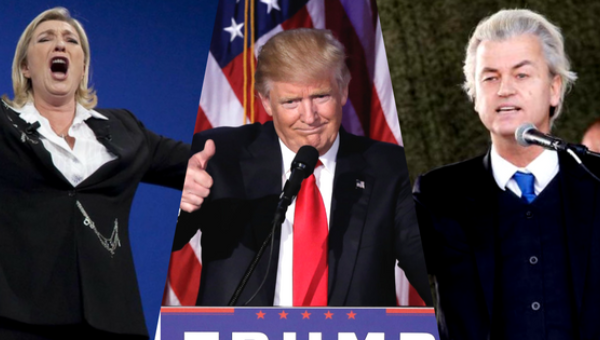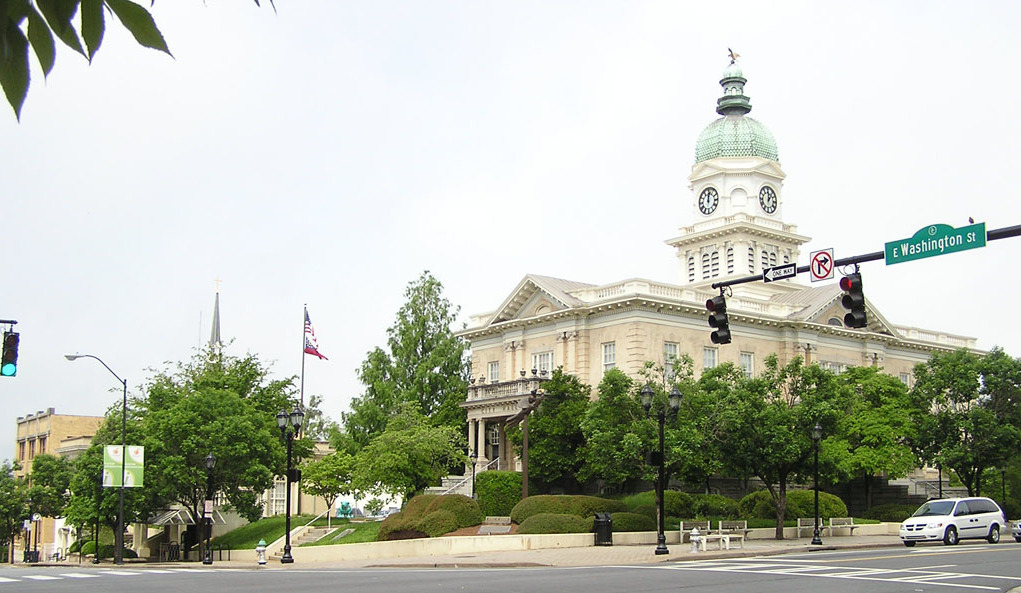 By: Victoria Barker
By: Victoria Barker
How did America, the alleged home of the “American Dream” become the poster child of income inequality? A quick Google search of the term “income inequality” returns over 160,000,000 results in less than a quarter of a second. Rather than the first return being a Wikipedia page about the broad term “income inequality” as one would expect, the first search term yields a Wikipedia page dedicated to “Income Inequality in the United States.” Was it the global economic crisis of 2008 and the ensuing recession that led to such an unequal distribution of wealth? Perhaps it was our lack of a welfare state or America’s foundational belief in capitalism. Regardless of the cause, America has made global headlines as one of the most unequal of modern societies.
Last week, President Barack Obama delivered his State of the Union Address, in which he dedicated a significant portion to the issue of income and poverty. This was only appropriate given that this year marks the 50th anniversary of the War on Poverty. While income inequality and poverty are not synonymous, they are believed to be corollary. Multiple reports lead people to believe that the War on Poverty failed, and if this is the case, it is argued that a second war should begin. One such report, released in September 2013 and updated in 2014 by economists at the University of California, Berkeley showed that income inequality in the United States is the highest it has been in more than 100 years. From 2009 to 2012, the income of the wealthiest 1 percent of the American population grew by 31.4 percent, while the bottom 99 percent of incomes grew by only 0.4 percent. Income inequality is not solely applicable to large metropolitan cities with burgeoning corporations. According to the Census Bureau, Atlanta, GA has the highest income inequality and Athens, Georgia ranks sixth on the list, followed by New York City.
The Atlantic released an article last week which stated that although income inequality is an issue in America, the poor are not getting poorer — the rich are simply getting richer. Today, the wealth of the top one percent of the world’s population is 15x more than that of the bottom 70 percent. And while wealth inequality is a real issue, global poverty reduction has been successful: since 1970, the world poverty rate has decreased by 80 percent. If poverty is declining, is it really necessary to be infuriated by how much money the top 1 percent is making? People disagree on whether it matters that the rich are richer even if on average everyone is better off.
Numerous studies have been floating around with graphs depicting the income inequality of the United States compared to other post-industrious democracies. While income disparity has risen in most states, the disparity is significantly lesser in European states than in the United States. One way to measure inequality is through the Gini Coefficient, which represents wealth inequality on a scale from zero to one, in which zero is perfectly equal and one signifies that one person holds all of the wealth in a society. According to the Organisation for Economic Co-operation, the income inequality in France measured by the Gini Coefficient is .29, while in Sweden it is .26. The Gini Coefficient for the United States is .34, not much higher than that of Sweden and France. There are multiple billionaires living in Sweden and France, but the incomes of people are seemingly more equal. Many people think that this is because these European countries have a strong welfare state and the government is responsible for redistributing the wealth of the people in order to create equality. The governments have various ways of ensuring that people face equal penalties for their crimes based on equality of opportunity, such as the Finland businessman who was caught speeding and handed a 77,000 Euro speeding ticket because motorists in Finland are fined based on their wealth. It is argued whether or not this method of creating equality is fair. Someone who is less wealthy would pay a substantially lower fine, but perhaps this is just as detrimental to his or her assets.
Although the United States has various welfare programs, they pale in comparison to their European counterparts. While these programs could help even out income differences in the United States, do they contradict our capitalist system and the foundation that America was formed upon — a system that at one point advocated for little interference by the government? Or are the programs a way of providing for the people in the way that government should? Some people argue that in an American welfare state as strong as that of most European states, the “American Dream” would be simply a dream and never a reality. For over a century, America has been viewed as the land of opportunity and a place where hard work allowed for social mobility and prosperity regardless of one’s background. Welfare states help to bring people out of poverty and decrease the disparity between the rich and poor, but they do not seem to push for the same level of mobility that has characterized the American Dream.
In a recent NPR interview, Sheldon Danziger, the president of the Russell Sage Foundation, argued that the American Dream is fading as minimum-wage and middle-income earners cannot keep up with the pace the rich have set that give their children opportunities to succeed. Has the current state of the American society inhibited the availability of the American Dream? Not everyone seems to think so. Contrary to Danziger, Scott Winship, a Manhattan Institute fellow, argues that inequality is not as problematic as Danziger presents, and mobility will not change by instituting taxation policies such as those in Europe.
Another facet of the inequality debate is education, and like the challenge of income inequality there is no simple solution. Danziger argues that inequality is perpetuated because the rich are able to ensure better education for their children, and minimum-wage and middle-income earners are not able to do so, making it less likely that their children will be able to move up the ladder of mobility. Conversely, Lawrence Mishel of the Economics Policy Institute posits that education has little to do with inequality, as a college degree, or even an advanced degree, does not guarantee anyone who obtains one a seat in the top 10 percent of earners.
It is true that inequality is abounding in America, whether it is relative to the differences between the rich and the poor or middle class, or the differences between men and women. Over the past century America has prided itself on advocating for equality on issues such as equality for minority races and women. And while it is important to create equality, perhaps we need to ask how income equality can be realistically and sustainably created. Do we create equality by changing our taxation system, putting a cap on the wages of CEOs, or by instituting strict equal wage laws? All of these policies have been advocated for, but it is possible that they create more government control than Americans want.
It is conceivably the responsibility of the abounding religious and non-profit organizations in America to even out the disparity, because relying on the government to do so would seem to go against our foundational values and would appear to eradicate the notion of the American Dream. Yet, education is the essential factor behind the fruition of the American Dream. Given that education is a more accessible commodity for the wealthiest in society and something that the government is largely responsible for, it is possible that the government does have quite the role to play in eliminating inequality. Perhaps the most important concept to understand is whether or not levelling out the income imbalance in America will further facilitate the American Dream.

